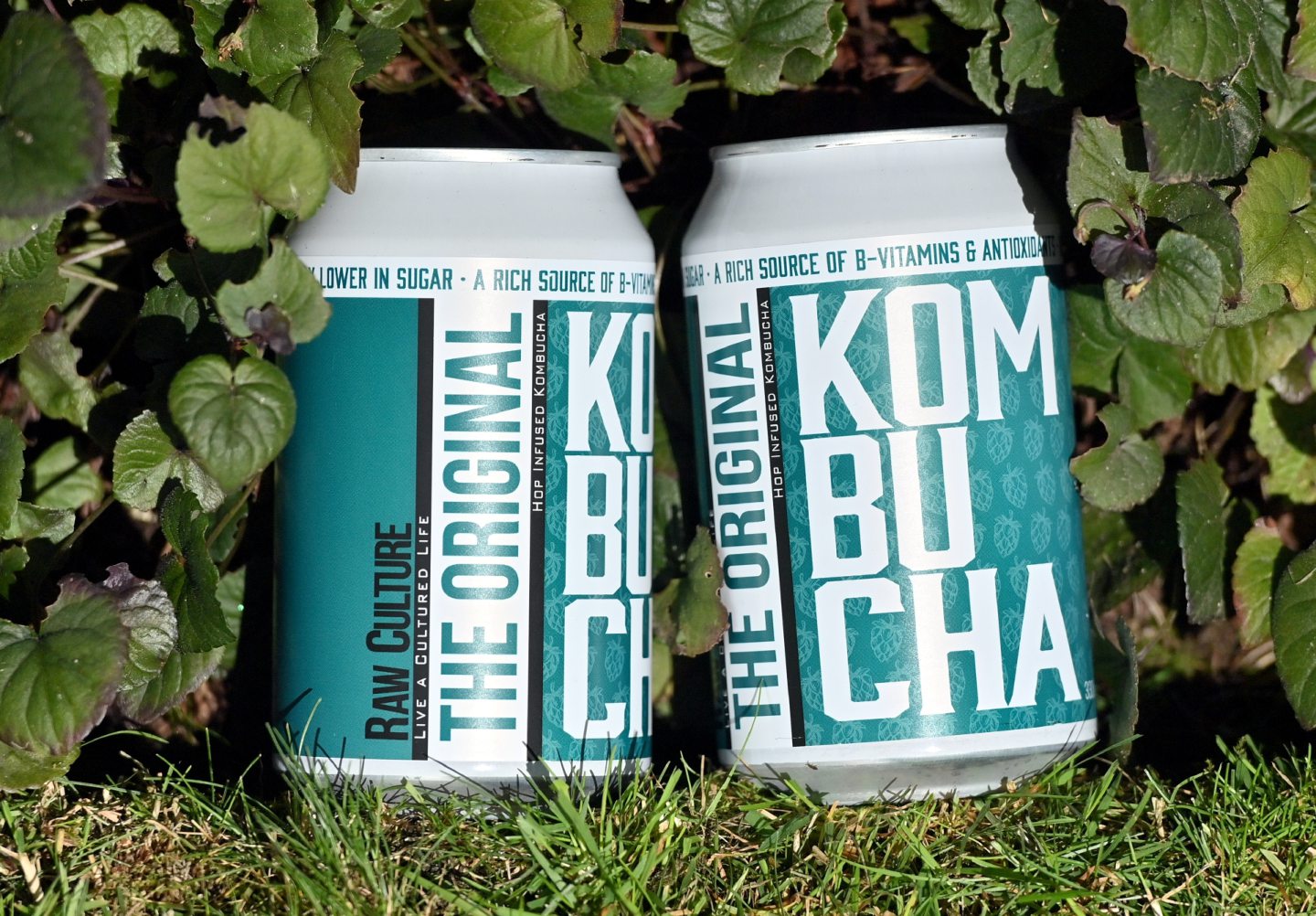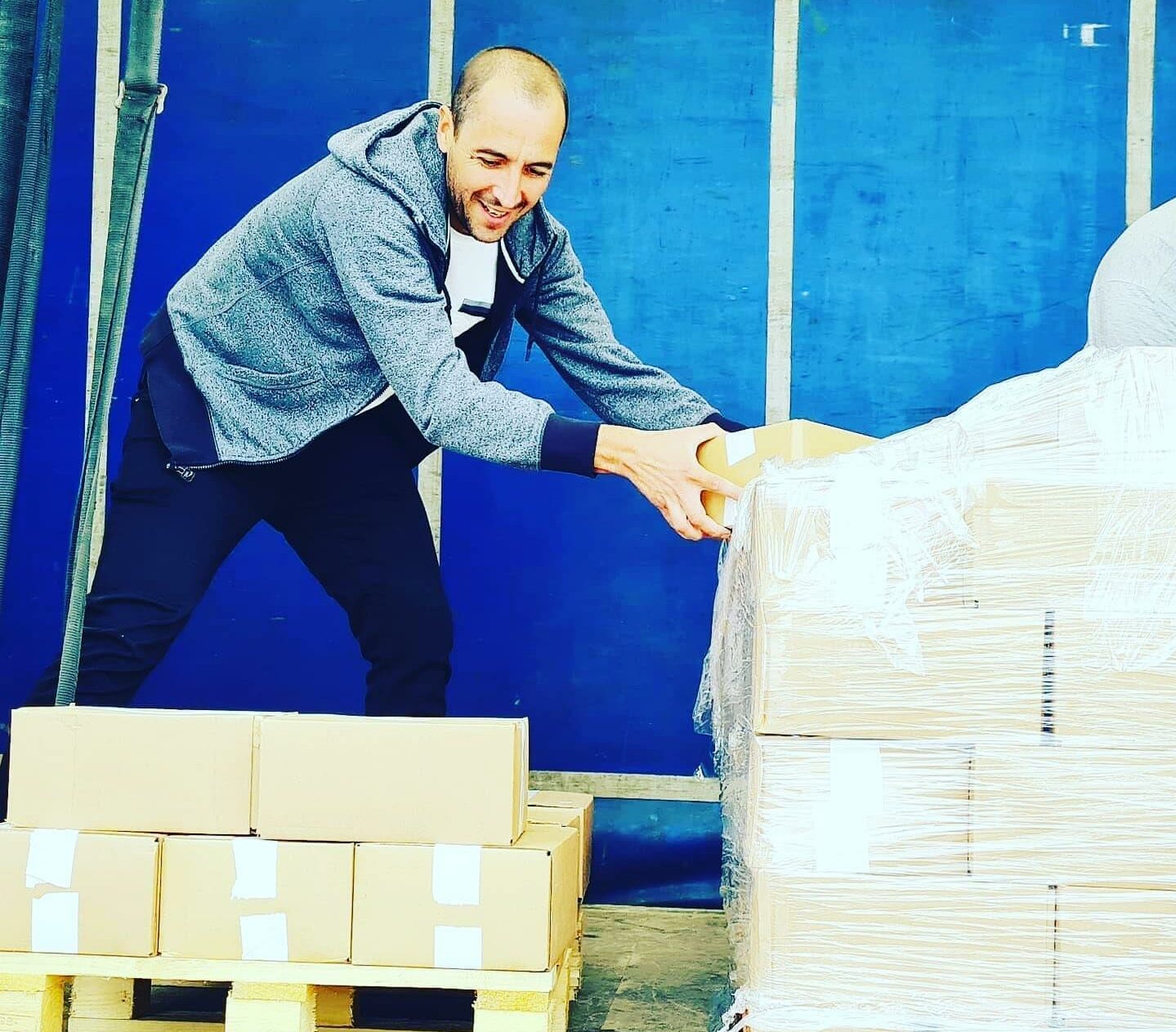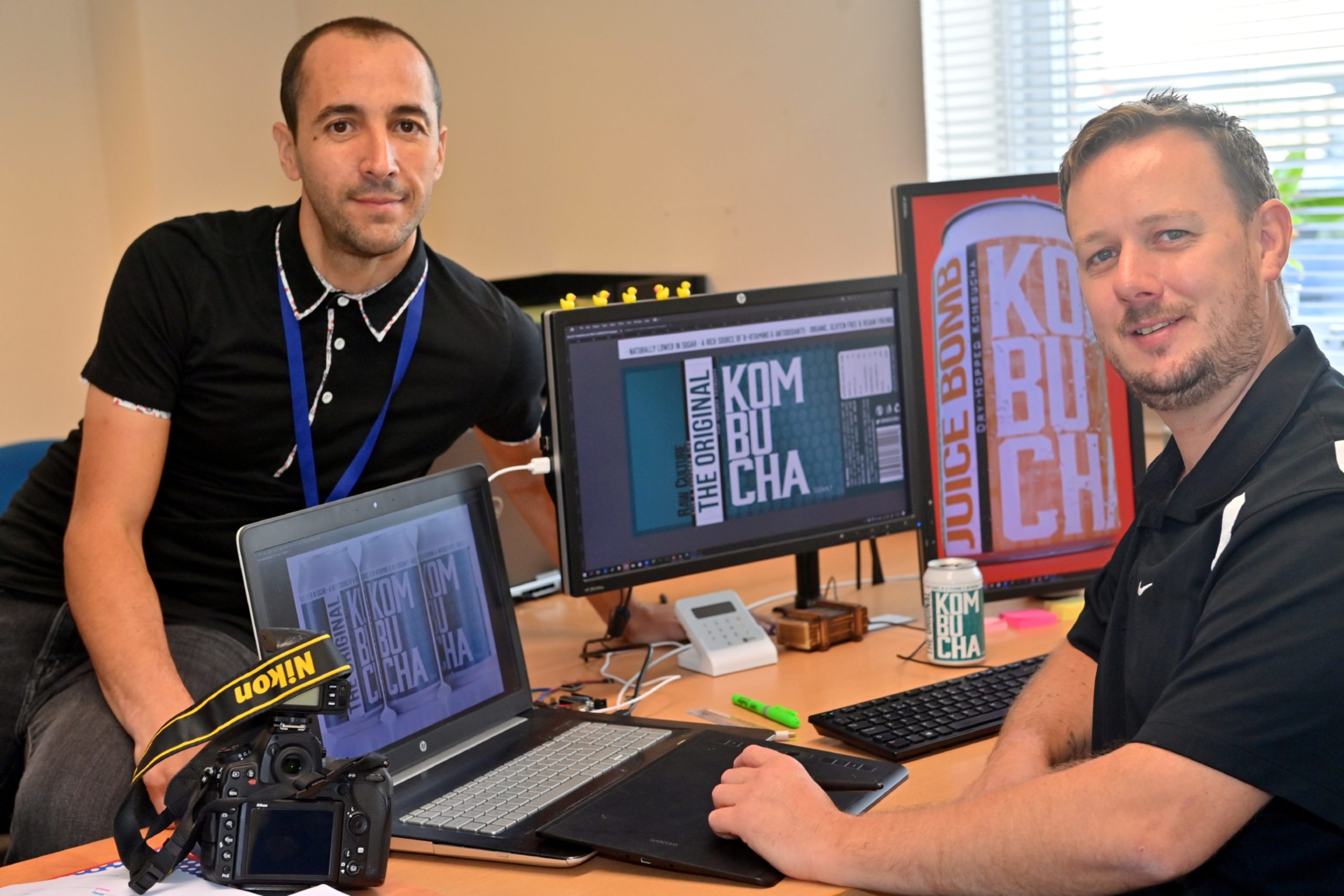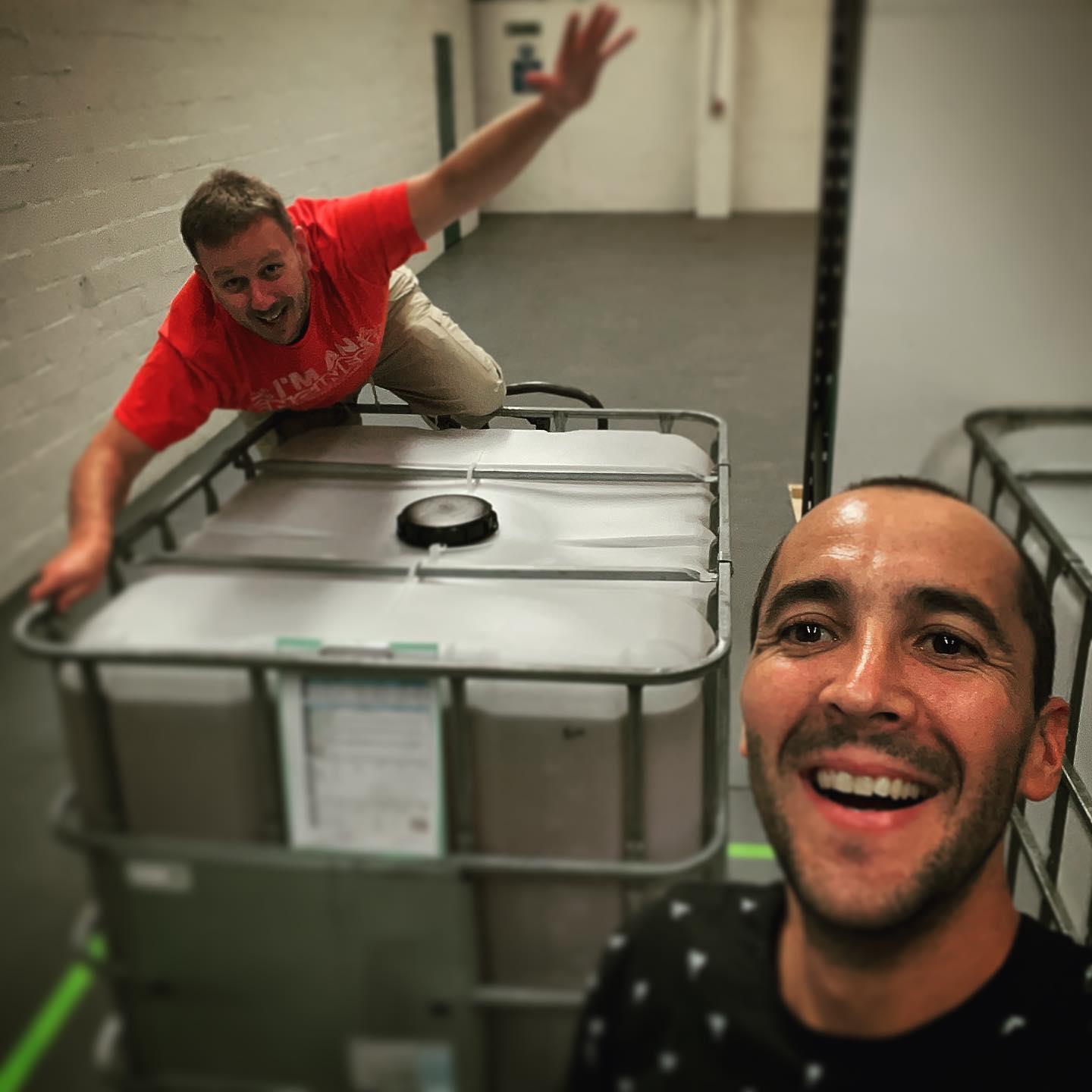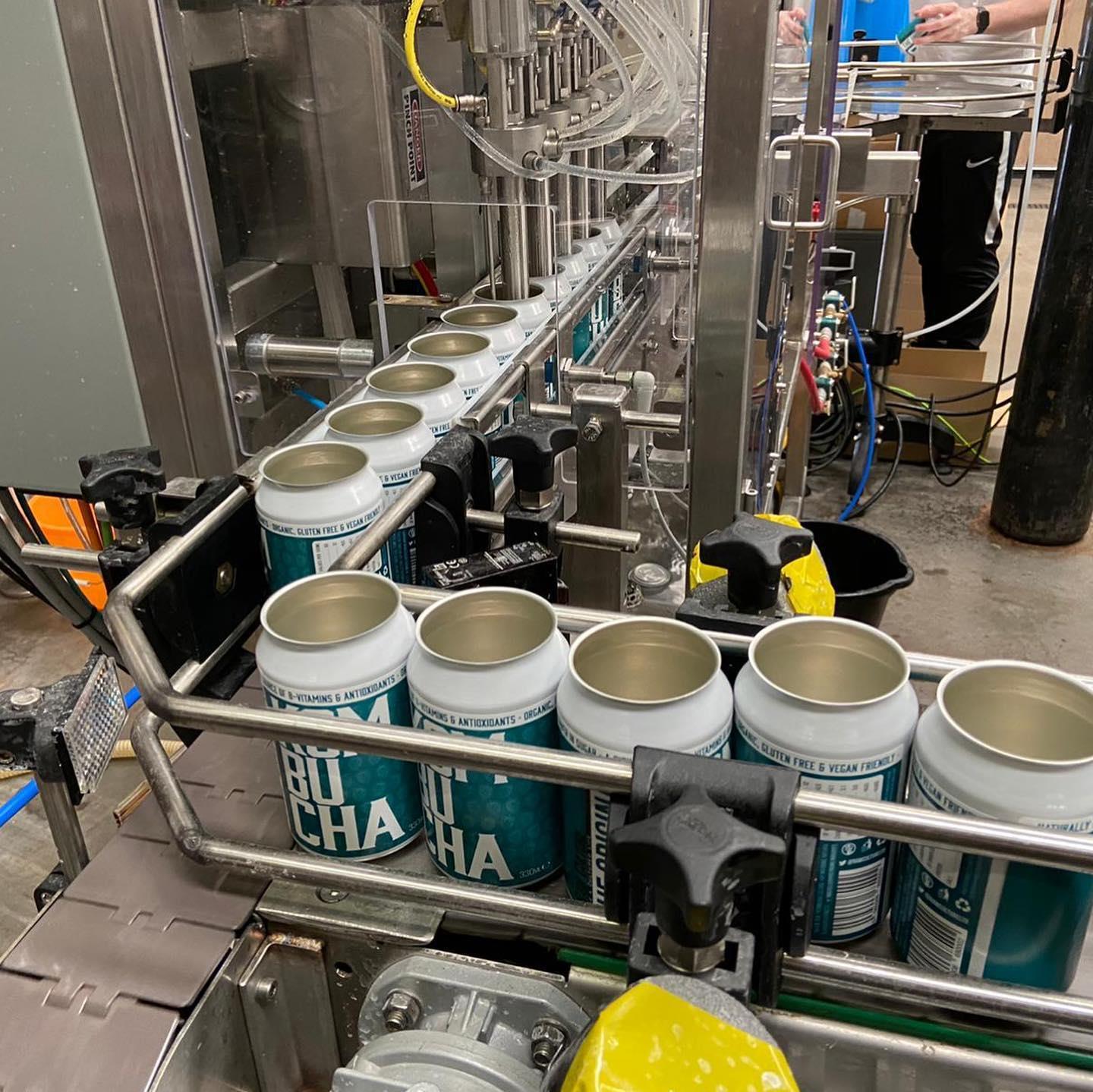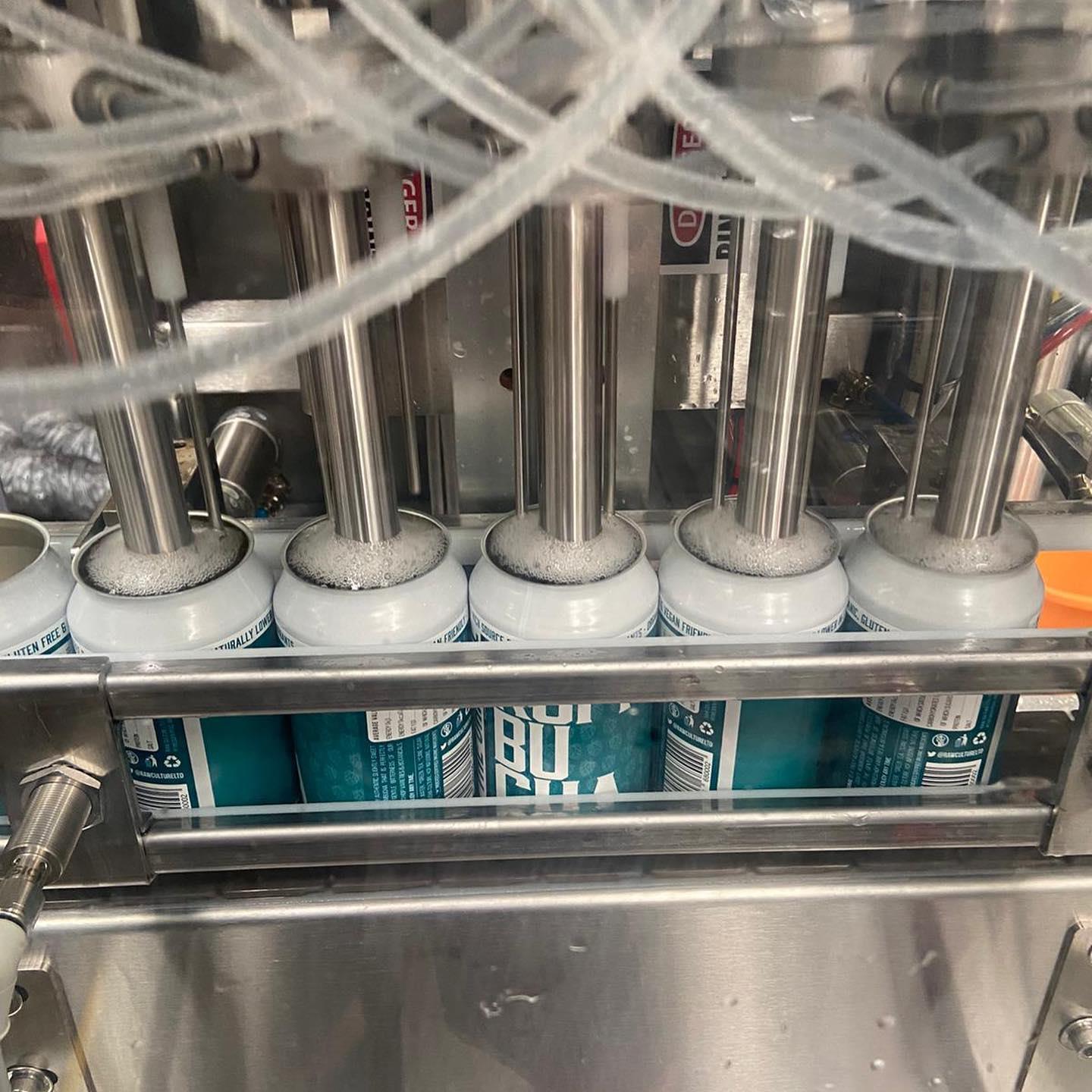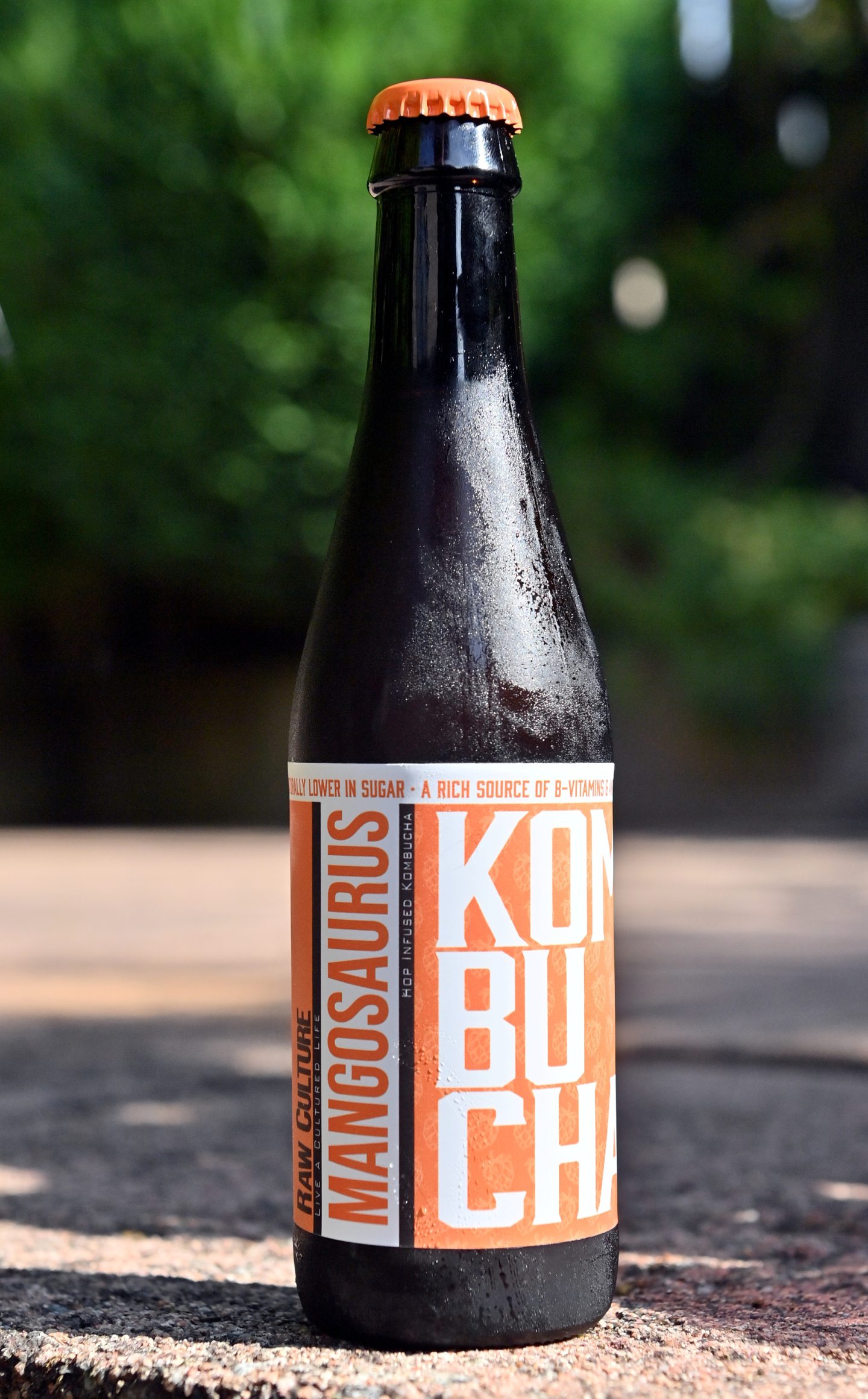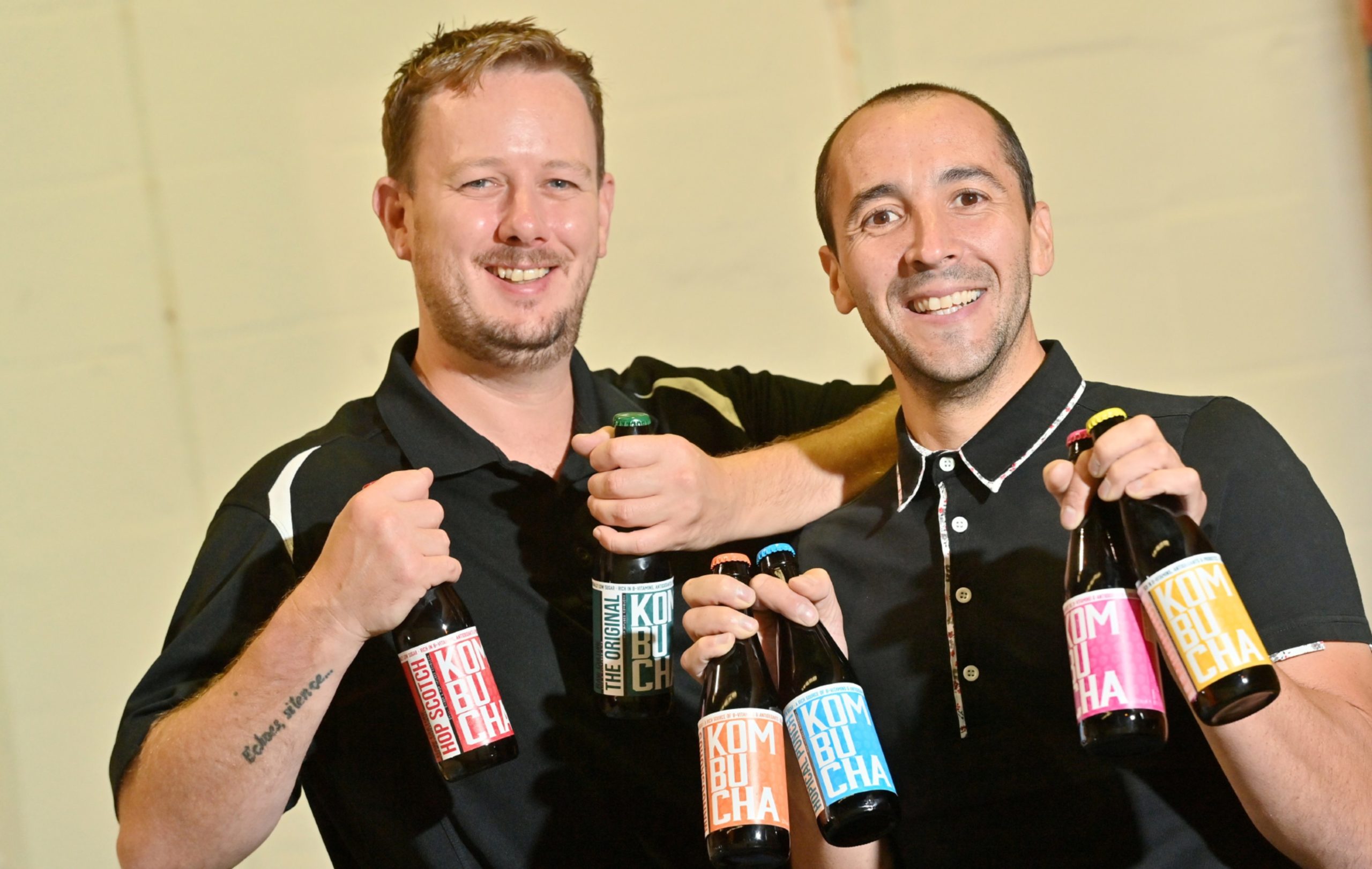Two former oil and gas colleagues have come together to launch Aberdeen’s first commercial kombucha firm after uncovering the health benefits of fermented drinks.
Chris Geary and Ash Keenon were made redundant at the same time in 2016, and as a result became good friends and have now launched their first business together, Raw Culture.
Ash, who lives with Crohn’s Disease, wanted to create a drink that had properties which were good for gut health and after numerous conversations the duo landed with the idea of making their own kombucha.
Having started Raw Culture in their homes, the duo now have a micro-brewery at Ashley Base on Pitmedden Road in Dyce.
Completely self-funded, around £10K has been invested in the business to date, with the kombucha only going on sale to the public around a month ago.
Chris, 40, and Ash, 37, came up with the idea in December 2019 and registered the firm in February 2020, just before the pandemic hit last March. Chris now works full-time for the business while Ash works part-time as he is still running his architectural firm which he has had for six years.
Why kombucha?
Kombucha, which is a fermented sugary tea, has been growing in popularity over the past few years, with the market booming more so in the United States.
According to Triton Market Research, it predicts the market in the United Kingdom would witness a compound annual growth rate of 20.64% over the forecast period of 2019-2027.
Ash said: “I was interested in gut health and the benefits kombucha and fermented products bring. I have Crohn’s Disease and I’ve been diagnosed with that for 25 years and have dealt with the diet management that you need to do.”
Chris added: “I’ve been a home brewer for years – although I’m an engineer – and Ash came to me to about kefir water and at that point I’d just discovered kombucha. I started dabbling in brewing my own.
“We thought there might be something in it looking at how it had taken off in America over the past 10 years and wondered if it would do the same over here.
“We first spoke about it in December 2019 and we were a little concerned when lockdown happened in the March – which was just after we’d registered the business. The idea was to be going out to farmers’ markets and meeting customers and that didn’t happen. We’ve taken the time to further develop the recipes.”
How it is made
Totally independent, the duo oversee all parts of the business. From recipe development, to the design work, to the marketing and selling of the product.
Using hops to infuse in their craft brewed kombucha gives it its unique flavour, says Chris, and it is naturally low in sugar.
“There’s been some catastrophic failures, some massive successes and some accidental ones too,” he said.
“We used hops to infuse with it and we ferment a very strong batch of very strong kombucha. It gives a unique tang to our products.
“We brew another batch of tea and we blend everything together at the end to balance all the flavours and get the best out of the hops and tea. It comes together and gives us the low sugar and guarantees us not to have alcohol in it.
“All fermentation is complete before we blend so there’s no risks with that. The period of time allows the bacteria to metabolise the alcohol content and converts the alcohol into acetic acid. That’s where the tangy flavour comes from. As the acetic acid goes up the alcohol comes down and guarantees we have a non-alcoholic product.
“Some brands will leave it for 14 to 30 days whereas we’re doing this over a six-month period. It allows us to do this type of souring blend.”
Ash added: “We’ve kind of invented a new way of brewing kombucha. We started with five litre jars then progressed to 10 litre jars, then there was jars everywhere in the kitchen and it got out of hand. We then had fermentation buckets to 100 litre barrels and then 1,000 litre batches.”
Using a packaging firm in Glasgow to can/bottle their products, Chris and Ash now have more time to dedicate to promoting and selling the kombucha.
“We don’t have a canning line on-site so the IBC’s are really just to move the product around. We send the product down to a place in Glasgow to be bottled and canned – this process also includes the carbonation,” said Ash.
“We used to manually fill all of the products ourselves and label them but using a canning/packaging company has really helped.”
Flavours
Coming up with six flavours initially, the duo have decided to focus on three to begin with due to cash flow. Flavours include tropical, the original and mango.
With 200 cases of the original cans (around 2,500 cans) available, Chris says the duo have shifted around 300 bottles of the kombucha already, with local shops and venues in the area including The Pigs Wings, Meet the Meat, Hammerton Store all snapping them up.
Chris said: “We’re taking a staggered approach to launching. We only started selling the product about a month ago – maybe the very last days in July.
“We had to go through all of the processes with environmental health and other things.
“Both of us have come from different backgrounds and it is very different to what we’ve done before.
“We have been navigating through this minefield and I guess the next challenge is about logistics. We quickly outgrew our initial production methods so increasing to these 1,000 litre batches gives us a nice building block structure for the company.”
